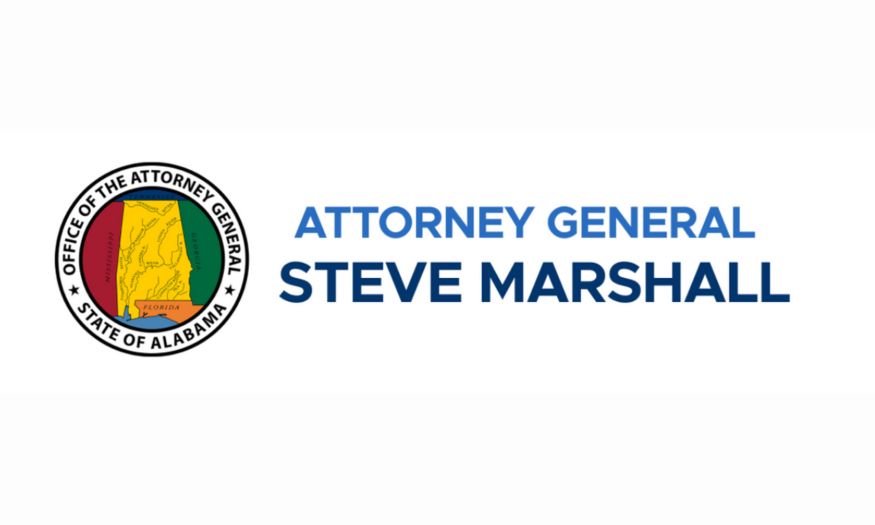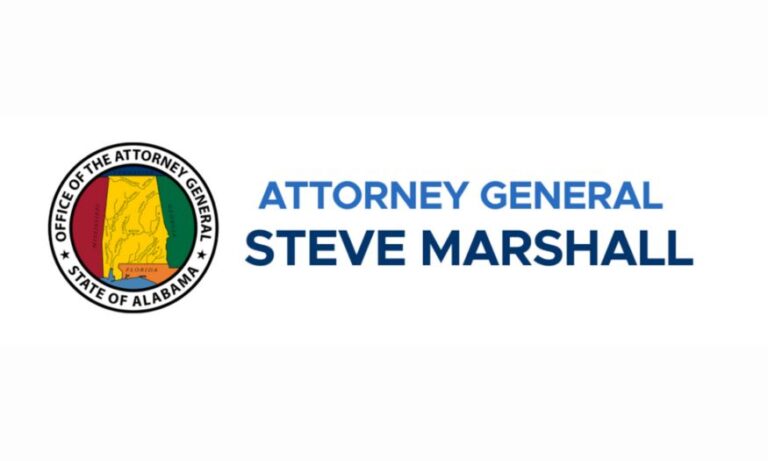Montgomery, AL – Alabama Attorney General Steve Marshall has joined a coalition of 24 state attorneys general in opposition to the Biden administration’s newly proposed regulations on residential washing machines. The coalition argues that the regulations, which aim to impose stricter energy efficiency standards, will lead to higher costs for consumers and exacerbate current economic challenges.
Attorney General Marshall expressed concerns about the potential economic impact of these regulations on middle-class Americans. “Whether it is your car, kitchen, or laundry room, the Biden-Harris administration is going to find ways to hike our bills in the name of the radical left’s climate agenda,” Marshall stated. He emphasized that while consumers should have the option to choose energy-efficient appliances, mandating such choices through federal regulations is not appropriate, especially given the current economic climate.
The newly released direct final rule by the U.S. Department of Energy (DOE) aims to regulate residential clothes washers to enhance energy efficiency. However, the attorneys general argue that the rule does not adequately consider the financial burden on American consumers, who may face increased appliance costs as a result. In a letter to DOE Secretary Jennifer Granholm, the coalition requested the abandonment of the rule or, at a minimum, a notice and comment period to allow public input before the standards are enacted.
The coalition’s letter highlights concerns raised by several appliance companies and the Association of Home Appliance Manufacturers (AHAM). AHAM commented that the proposed rule could “eliminate consumer features, reduce choice, significantly increase cost, and negatively impact product performance.” Whirlpool, a member of AHAM, provided research indicating a 25% cost increase for consumers and a potential 31% loss in industry net present value, potentially leading to over 8,000 American job losses.
Despite reaching a joint statement with advocacy groups and a select group of states, the attorneys general argue that this agreement was the result of administrative pressure and did not fully address the concerns raised during the comment period. The joint statement received support from advocacy groups such as the Alliance for Water Efficiency and the Natural Resource Defense Council, but the coalition believes these groups do not represent the interests of everyday consumers.
The attorneys general further argue that by law, DOE cannot issue this rule without broader agreement across the ideological spectrum. They assert that the rule must reflect the views of “interested persons that are fairly representative of the relevant points of view.” The coalition contends that while some states support the DOE’s proposal, a larger group of states opposes it, and DOE should not bypass the ordinary rulemaking process by favoring states aligned with its political stance.
The coalition calls on the DOE to allow public comment on the regulation, emphasizing that it will significantly impact households across the country. The letter, spearheaded by Attorney General Marshall and Attorney General Ashley Moody of Florida, includes signatures from attorneys general in Arkansas, Georgia, Idaho, Indiana, Iowa, Kansas, Kentucky, Louisiana, Mississippi, Missouri, Montana, Nebraska, New Hampshire, Oklahoma, South Carolina, South Dakota, Tennessee, Texas, Utah, Virginia, and West Virginia.













